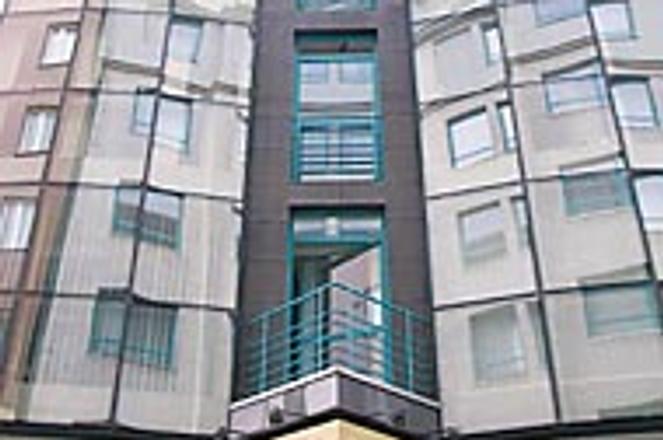The economic threat of a return to power for Vladimír Mečiar is minimal, says an ING report.photo: Courtesy ING Bank
The threat of an economic crisis if Vladimír Mečiar is returned to power is overestimated, according to a report released by one of the world's top banks.
ING Bank's Slovak research house on October 11 issued a report at the request of its clients to calm growing nerves over a predicted "catastrophic" scenario for the economy in which the former PM would again lead the country following elections set for September 2002.
Quelling fears of an overheating economy driven by reckless economic policies, ING argued that the influence of politicians has been dramatically reduced under the current government.
"Power utilities remain the only playground for rent [exorbitant profit] seeking politicians," said the report.
Fears over Mečiar's return to power have grown in the last 12 months since an attempt by his HZDS party to force early elections. A referendum on holding parliamentary elections before the end of the current government's term failed last November when less than 20% of voters favoured an early poll.
At the time, the low support for the referendum was seen as a political disaster for the HZDS and Mečiar in particular. However, the former leader has consistently topped voter preference polls since losing power in 1998, and the latest surveys show him with support of just under 30%. PM Mikuláš Dzurinda's ruling SDKÚ party has support ratings of below 10%.
Mečiar's economic policies in his last government (1994-1998) were criticised by international institutions such as the World Bank and the International Monetary Fund (IMF). Huge borrowing, non-transparent privatisation and cronyism in state banks and corporations were pinpointed as characteristics of the economy during his term.
The banking sector was also left riddled with bad loans which the current government was forced to clean up at a cost of Sk100 billion ($2 billion).
However, according to Jan Tóth, one of the authors of the report, there is little chance that Mečiar could wreak economic havoc again.
"The playground for politicians has changed. There is little [state property] left for privatisation that politicians could use to their own advantage, the largest banks are now in foreign hands, and while Mečiar could adopt fiscal policies that would overheat the economy, he would face some very serious questioning from the EU were he to so," said Tóth.
"We also have a floating exchange rate that we did not have under Mečiar, so any seriously expansionary fiscal policies undertaken by Mečiar would have a very strong effect on that exchange rate. Slovak voters do not like to see a weak currency, and in this way the exchange rate would act as a strong disciplinary tool on his policies," he added.
EU entry is seen as key by many investors and economists to securing a stable Slovak economy and business environment.
"The benefits of the EU for Slovakia are far greater than the drawbacks. Investors trust the EU enlargement process more than anything else in their decisions," said Tóth.
However, political analysts remain reluctant to predict the make-up of the next government. Much relies on the populist leader of the non-parliamentary Smer party, Robert Fico, they say. Fico is the second most popular politician after Mečiar, and if allied with the HZDS the two parties could attract a large enough vote to win power.
But the two men have declared they are unprepared to work with each other to form a government. Fico is viewed as marginally more pro-West than Mečiar despite recent statements by the HZDS that it fully supports Slovak bids for EU and Nato membership in 2004.
"Even Fico has now realised that the West sees Mečiar and the HZDS as unacceptable, and he is leaning towards cooperation with other parties. All parties are playing the game of forming a coalition, but all without the HZDS. The HZDS is strong, but not strong enough to form a government alone," said Grigorij Mesežnikov of the Institute for Public Affairs (IVO).
ING's report argues the most likely outcome of the next elections, based on its own analyses, is one that produces a government that does not include the HZDS. "Our assumptions favour (by a small margin) a coalition of right-wing parties," the report states.


